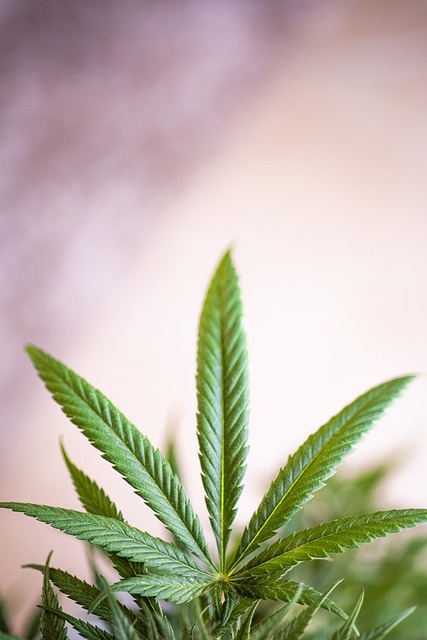The THCA flower, a non-psychoactive component of cannabis, has garnered attention for its therapeutic potential and is subject to detailed laboratory analysis. THCA flower lab reports provide insights into its cannabinoid content, including THCA, CBD, and CBN levels, which influence health benefits like pain relief and anti-inflammatory effects. These reports also detail the presence of key terpenes like myrcene, limonene, and caryophyllene, whose synergistic effects are crucial for the entourage effect. The cultivation process of THCA flower is meticulously managed to ensure potency, safety, and purity, with optimal growing conditions and careful harvesting and curing practices. The scientific community’s research into THCA flower aims to understand its interaction with the endocannabinoid system and improve its efficacy. THCA flower lab reports are essential for maintaining industry standards, ensuring product consistency, and promoting quality within the cannabis sector, reflecting the complex dynamics of the full plant profile’s impact on potential effects.
Explore the multifaceted world of THCA flower, a non-psychoactive cannabinoid acclaimed for its therapeutic potential and nuanced effects. This article delves into the intricacies of THCA flower, from its scientific composition to cultivation techniques, legal standing, and medicinal benefits. With a focus on THCA flower lab reports as the cornerstone of understanding, readers will gain insights into its potency, terpene profiles, and how these factors influence user experiences. Join us on this comprehensive journey through the various aspects of THCA flower from Indacloud ensuring an informed perspective on this burgeoning area of cannabinoid research and application.
- Unveiling THCA Flower: A Comprehensive Overview
- The Science Behind THCA Flower Lab Reports: What They Reveal
- Cultivation Secrets: Growing High-Quality THCA Flower
- Understanding the Entourage Effect: THCA Flower’s Role in Cannabis
Unveiling THCA Flower: A Comprehensive Overview
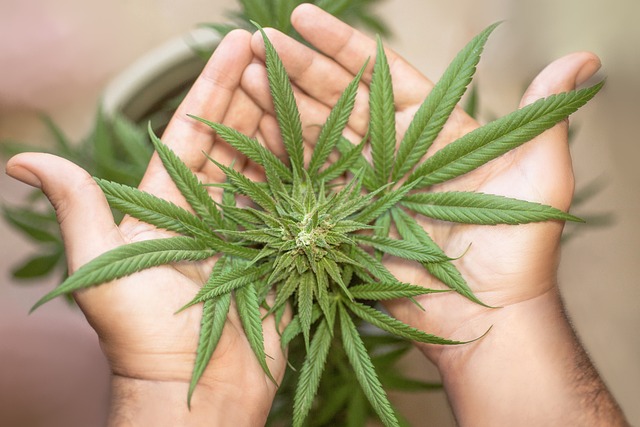
THCA flower, or tetrahydrocannabinolic acid flower, represents a significant component within the cannabis plant’s array of compounds. Laboratory analyses, as detailed in THCA flower lab reports, reveal that this non-psychoactive precursor to THC (tetrahydrocannabinol) possesses unique properties that have garnered scientific and medical interest. These lab reports provide a wealth of information on the potency, purity, and terpene profile of THCA flower, which can vary greatly between strains. The cannabinoid content is particularly noteworthy, as it influences the potential therapeutic effects users may experience, including pain relief, anti-inflammatory properties, and a host of other benefits that are being explored in ongoing research.
Furthermore, the role of THCA flower in various consumption methods is a topic of considerable interest among researchers and consumers alike. Extracts derived from this flower can be concentrated into oils, edibles, and topicals, each with its own application and absorption characteristics. The efficacy of these extracts is often evaluated in controlled settings, as documented in THCA flower lab reports, to understand their bioavailability and the extent to which they interact with the body’s endocannabinoid system. The emergence of THCA flower as a research subject has led to a better understanding of its potential applications and the development of new products that cater to diverse health and wellness needs.
The Science Behind THCA Flower Lab Reports: What They Reveal
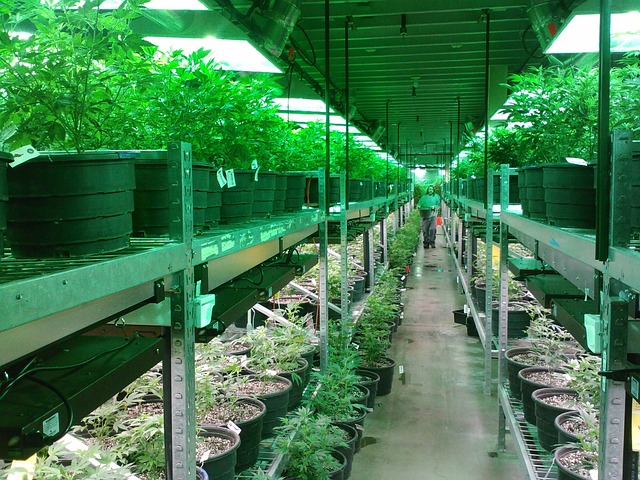
Laboratory analysis of THCA flower, or tetrahydrocannabinolic acid, provides a comprehensive understanding of its chemical composition and potential effects. These lab reports, which are crucial for consumers and researchers alike, delve into the specifics of cannabinoid profiles, terpene content, and other constituents that influence the plant’s efficacy and experience. THCA flower lab reports typically include a detailed breakdown of the cannabinoids present, with a focus on THCA itself, as well as other cannabinoids like CBD and CBN. These reports are instrumental in revealing the true potency and purity of the product, ensuring that users can make informed decisions based on scientific data rather than anecdotal evidence.
Furthermore, the lab reports for THCA flower encompass a thorough examination of terpene profiles, which are aromatic compounds contributing to the distinct flavors and odors associated with cannabis strains. These reports highlight the presence and concentration of specific terpenes, such as myrcene, limonene, and caryophyllene, and their potential interactions with THCA, known as the ‘entourage effect.’ This synergy can significantly affect the therapeutic or psychoactive effects of the cannabis flower. The data from these lab reports is indispensable for understanding the full spectrum of compounds in THCA flower and for ensuring consistency and quality within the cannabis industry.
Cultivation Secrets: Growing High-Quality THCA Flower
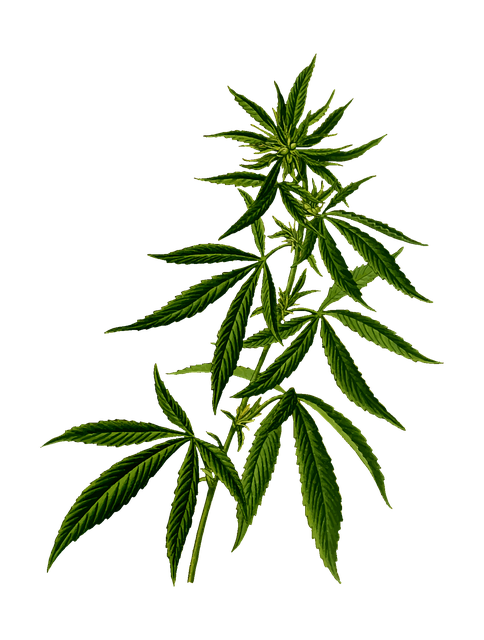
Laboratory-tested THCA flower cultivation is an intricate process that demands meticulous attention to detail for optimal results. To begin, selecting the right strain with a high concentration of THCA and potential for conversion to other cannabinoids like THC is crucial. The growing environment plays a pivotal role; it must be carefully controlled with precise lighting, temperature, and humidity levels to mimic the plant’s natural habitat. Adequate spacing between plants ensures they receive ample light and air circulation, which are essential for healthy growth.
During the cultivation phase, soil quality cannot be overstated; it should be rich in organic matter to support robust root systems that absorb nutrients effectively. Regularly monitoring pH levels and nutrient profiles is non-negotiable for maintaining a balanced growing medium. Additionally, implementing Integrated Pest Management (IPM) practices helps prevent infestations without compromising the potency of the THCA flower lab reports. Harvesting at the peak of maturity, when trichomes are cloudy and resinous, maximizes the potential for a high-quality yield. After harvest, proper curing techniques under controlled conditions are essential to preserve the integrity and efficacy of the cannabinoids within the flower. This conscientious approach to cultivation, combined with rigorous lab testing, ensures that the THCA flower meets the highest standards for potency, safety, and purity.
Understanding the Entourage Effect: THCA Flower’s Role in Cannabis
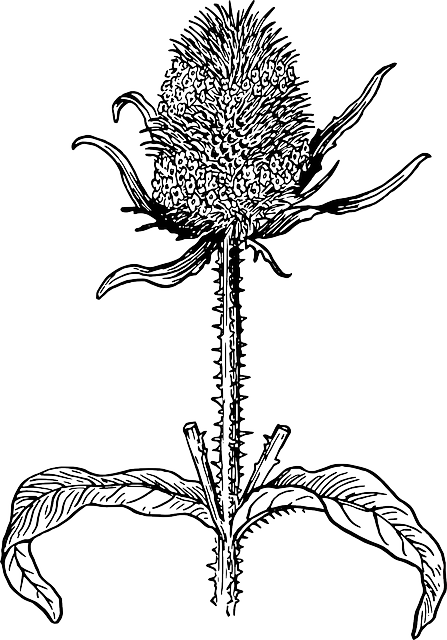
Lab reports on THCA flower have shed light on its role within the complex network of cannabinoids, terpenes, and flavonoids found in cannabis. The entourage effect is a concept that describes the enhanced effects produced when these compounds interact synergistically. THCA flower, rich in tetrahydrocannabinolic acid, a non-psychoactive precursor to THC, contributes significantly to this synergy. When consumed as part of the whole plant, THCA interacts with other cannabinoids like CBD and CBN, as well as a variety of terpenes such as myrcene, limonene, and caryophyllene. These interactions can modulate effects, potentially offering a more balanced and effective experience than isolated cannabinoids alone. The nuanced interplay between these compounds in THCA flower can be observed in various lab reports, which detail the presence and potency of each component, thereby providing valuable insights into how they might influence one another when consumed together. This holistic approach to understanding cannabis through the lens of the entourage effect underscores the importance of considering the entire plant profile rather than relying on individual cannabinoid profiles for a comprehensive assessment of its potential effects.
THCA flower, a non-psychoactive cannabinoid precursor to THC, has emerged as a subject of considerable interest within the scientific and horticultural communities. This article has delved into its potential, offering a comprehensive overview, revealing insights from lab reports, and providing cultivation tips for high-quality THCA flower. The entourage effect’s role in cannabis, with THCA flower at its core, underscores the importance of this natural compound. As research continues to evolve, the implications for health and wellness are promising. For those intrigued by the science and cultivation of THCA flower, the provided information serves as a valuable resource, highlighting the significance of THCA flower lab reports in understanding its properties and potential applications.
